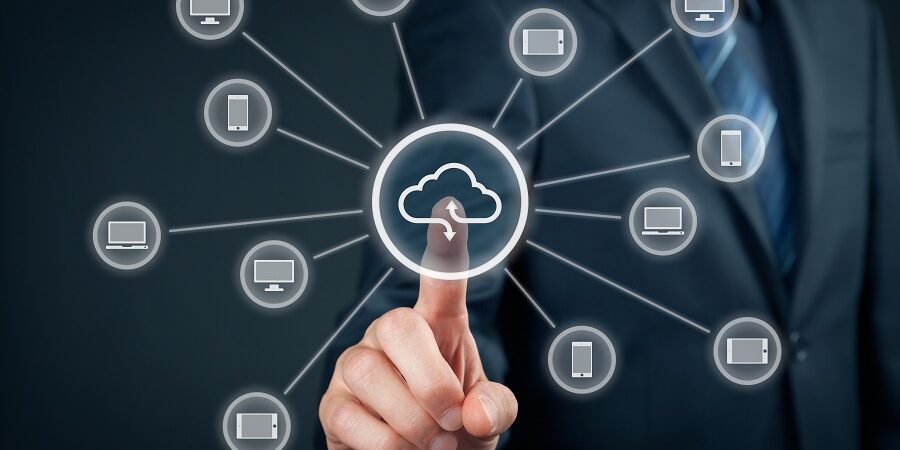What is the Cloud, and Why Use It?
Cloud computing has gained widespread popularity in recent years, offering flexibility and cost savings across a variety of industries. It works well with point of sale (POS) technology, and businesses can choose to use cloud-based software (a hosted cloud solution) or a hybrid cloud solution. But what are the differences, and how do you know which one is right for you?
The cloud is an off-site data computing and storage center accessible via the Internet. Your data is kept on a remote server as opposed to being stored on local hardware (e.g. your business computers or POS terminals). The information can then be accessed by multiple devices connected to the network, not just a single machine. You can manage your business more effectively, even when you’re not on the premises. With just an Internet connection and web browser, you can get real-time sales reports and inventory analyses, make price changes, and perform labor scheduling from anywhere, at any time. And you can store complete system backups in a secure, remote location, generating peace of mind.
With a cloud-based software system (or hosted cloud solution), the cloud houses not only your data but also all applications, software, and services that run your business. This method can be quite cost-effective, as it eliminates many of the upfront infrastructure expenses of traditional storage and operations. However, the main drawback of this solution is that it is entirely dependent on your Internet connection. If the Internet goes down, your POS terminals can lose access not only to necessary information, but also to the programs that enable them to function and process transactions. Your operations could grind to a halt, losing sales and customers until the connection is restored. Cloud-based software requires an extremely reliable Internet provider.
A hybrid cloud solution combines efficiency and reliability. With this system, your data is stored in the cloud, but your POS software remains local. If there’s an Internet outage, your POS terminals will continue to function and will temporarily store data locally. When connectivity is restored, the data will be shared with the cloud. Having no downtime translates to steady productivity and profits. Some POS systems can be set up to transmit data to the cloud at any intervals or specific times you choose. And you have the convenience of access to your sales and labor information through a web browser at any time — at home, on the road, or in a board meeting.
With all of the advantages cloud computing offers — including flexible access to key data, reduced infrastructure costs, and off-site system backups — it is rapidly becoming more efficient and cost-effective than traditional back office software. While cloud-based software is one option, hybrid cloud solutions have the added benefit of increased dependability. A good VAR will understand your business needs and help you harness the power of the cloud.








